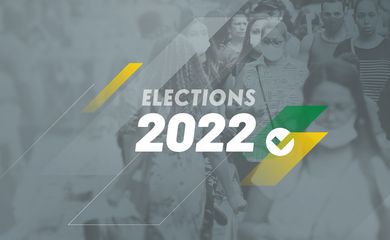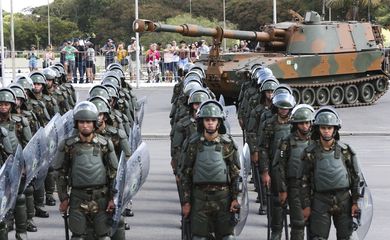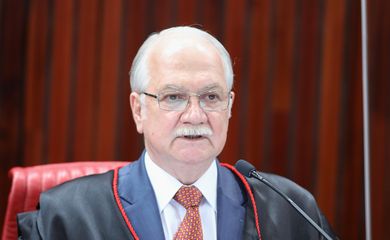Free electoral broadcast on radio and television starts today

Candidates for the positions of president, governor, and senator, as well as federal, state, and district representatives begin today (Aug. 26) to present their proposals to voters during a free electoral broadcast on radio and free-to-air television.

The advertisement will be aired on VHF and UHF broadcasting stations, as well as on pay TV channels run by the Senate, the House of Representatives, Legislative Assemblies, the Federal District Legislative Chamber, or City Councils.
Accessibility resources, such as subtitles, windows with a sign language interpreter, and audio descriptions must be used under the responsibility of the parties, federations, and coalitions.
In the case of the presidential race, each candidate will have a specific length of advertising time, as calculated by the Superior Electoral Court (TSE), according to the representativeness of the political parties in the Chamber of Deputies.
According to the calculation, the distribution of the candidates' daily time in the advertising blocks has been established as follows:
Luiz Inácio Lula da Silva (3 minutes and 39 seconds), Jair Bolsonaro (2 minutes and 38 seconds), Simone Tebet (2 minutes and 20 seconds), Soraya Thronicke (2 minutes and 10 seconds), Ciro Gomes (52 seconds), Roberto Jefferson (25 seconds) and Felipe D'Avila (22 seconds)
The other presidential candidates Eymael, Léo Péricles, Vera Lúcia, and Sofia Manzano, who did not meet the minimum requirements, will not have access to the free electoral broadcast airtime, since their parties have not obtained 1.5 percent of the valid votes in the last election, in one-third of the states, or nine elected federal representatives distributed over one-third of the national territory.
Rules
The Superior Electoral Court (TSE) has defined rules for electoral propaganda. For example, the broadcasting of propaganda aimed at degrading or ridiculing candidates is prohibited. The court also prohibits the disclosure of facts that are known to be untrue or seriously out of context that affect the integrity of the electoral process, including the voting, counting, and tallying of votes.




